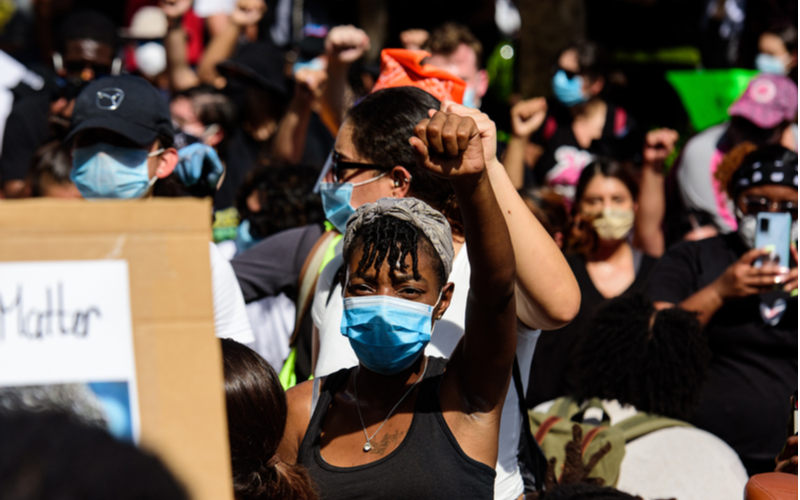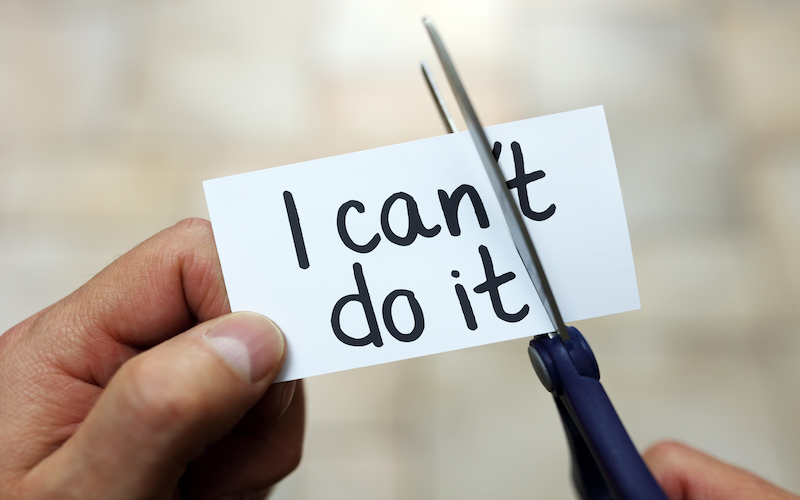


4 Factors to Consider with Caribbean Clients
Having grown up in Bermuda and traveled to various countries in the Caribbean, I have always had a love of Caribbean culture and customs. From the reggae/dancehall music and traditional dishes to the unique accents and dialects, Caribbean life has always been a...
How to Stay Positive During Your EPPP Journey
Do you remember that catchy little tune by Bobby McFerrin? “In every life we have some trouble, but when you worry you make it double, don’t worry… be happy!” I know it’s a bit corny, but it is so true when it comes to exam prep.
The prospect of being happy seems nearly impossible when preparing for exams like the Examination for Professional Practice in Psychology (EPPP). Hours of time spent studying. Fatigue from sleepless nights of cramming and, of course, good ol’ financial strain from the hundreds of dollars spent on study materials. It can be a bit much. But, as someone who recently passed EPPP, I promise there are ways to make your EPPP journey a happy one.
Before we get into the tips for making EPPP a more positive experience, I’d like to take a moment to acknowledge what everyone is probably thinking right now: Yes. The EPPP is a daunting exam. Yes. It feels cruel and unfair. Yes, it sucks. However, it is a necessary part of becoming a clinician.

Complementary & Alternative Medicine in the Therapy Room
As aspiring mental health professionals and clinicians, we are constantly looking for new ways to improve our practice to better serve our clients. As a field, psychology is known for integrating new innovations into existing practices.
It is this receptivity and openness to new methods and practices that have been essential components to maintaining clinical competence within our field.

3 Easy Mindfulness Techniques for Busy Grad Students
Do you ever feel like you are moving through grad school like a busy bee? Completely on autopilot?
Externship. Clients. Supervisors. Emails. Research. Class. Professors. Assignments. Dissertation. Family. Friends.
Sometimes it can all seem like one, big blur.
As graduate students in the mental health field, we are tasked with the challenge of helping others achieve mental wellness. However, in focusing on the wellbeing of others, we often completely forget to take care of our own emotional health.
